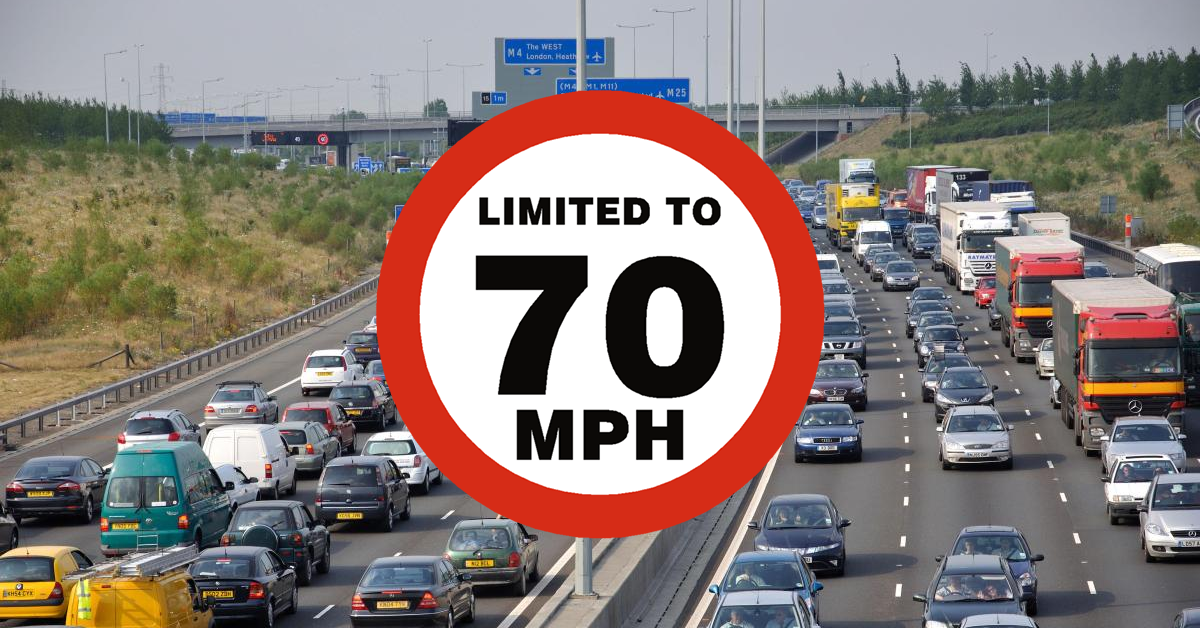
UK Set To Adopt Vehicle Speed Limiters By 2022 Under New EU Law
 Intelligent Speed Assistance (ISA), Road Safety, Speed Limiter
Intelligent Speed Assistance (ISA), Road Safety, Speed LimiterOn Tuesday the European Parliament agreed in principle legislation that is set to see anti-speeding technology fitted on all new cars from May 2022. In addition, in-built breathalysers will also be introduced to prevent drink drivers from starting their vehicle when they get behind the wheel.
The Department for Transport has confirmed that the system would also apply in the UK, despite Brexit.
The introduction of this technology includes Intelligent Speed Assistance (ISA), advanced emergency braking and lane assist technology amongst 30 new vehicle safety standards. The aim of these changes will be to improve road safety with the European Commission stating that 140,000 serious road-traffic injuries could be prevented by 2038. Furthermore, it is hoped that these changes will eliminate road deaths entirely by 2050. This change will be rolled out in May 2022, focusing solely upon new models. By 2024 this legislation will also cover second-hand cars.
The ISA technology uses a combination of GPS technology and road recognition cameras to monitor vehicle speeds. However, the UK has reached a compromise where the driver will be alerted when speeding, as opposed to the vehicle automatically slowing down to stay within the speed limit.
Some ISA technology can be already be seen in action in models manufactured by Citroen, Ford, Mercedes-Benz, Peugeot, Renault and Volvo. However, questions have been asked about the effectiveness of current technology, specifically front-facing cameras and whether, or not it’s up-to-scratch to enable the system to work as planned.
Statistics show that in the UK more than 1,700 people are killed on our roads every year, with speed campaigner Brake stating speed is to blame in around a quarter of fatal accidents. This news has been deemed “a landmark day for road safety” by Brake’s campaign Director, Joshua Harris.
Is this news the greatest advancement in road safety since the introduction of the seat belt, or an invasion of our freedom when behind the wheel?
Nearside vs Offside – How to Tell the Difference
 Car Door Mirror, Car Parts, Car Parts Online, Nearside, OEM Parts, Offside, Spare Parts, Used Car Parts, Wing Mirror
Car Door Mirror, Car Parts, Car Parts Online, Nearside, OEM Parts, Offside, Spare Parts, Used Car Parts, Wing Mirror Common Ford 1.0L EcoBoost Engine Problems
 EcoBoost, Engine Problems, Engine Replacement, Ford, Used Car Engines
EcoBoost, Engine Problems, Engine Replacement, Ford, Used Car Engines 





